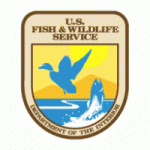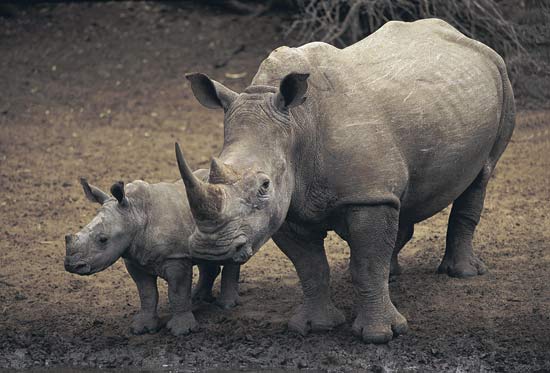
NEW YORK – Canadian antiques dealer Xiao Ju Guan, also known as Tony Guan, was sentenced to two years and six months in prison for smuggling rhinoceros horns, elephant ivory and coral, officials said.
A “crash” is the term for a herd of rhinoceros.
Operation Crash is an ongoing effort to detect, deter and prosecute those engaged in the illegal killing of rhinoceros and the unlawful trafficking of rhinoceros horns.
Guan, the president and owner of Bao Antiques in Richmond, British Columbia, was arrested after flying from Vancouver, Canada, to New York City and purchasing two endangered black rhinoceros horns from undercover special agents with the U.S. Fish and Wildlife Service at a storage facility in the Bronx, New York.
“The illegal trade in rhinoceros horns is the number one threat to many populations of African rhinos, and is driving the species towards extinction,” said U.S. Fish and Wildlife Director Dan Ashe.Adding, “The wholesale slaughter of these magnificent animals in the wild is taking place so a few callous individuals can line their own pockets. But global law enforcement cooperation through avenues such as the Fish and Wildlife Service’s Operation Crash is bringing people like Guan to justice, and we thank our Canadian and other international partners for the critical role they play in cases such as this. Together we will end the scourge of rhino horn and other wildlife trafficking.”
 The rhinoceros is an herbivore species of prehistoric origin and one of the largest remaining mega-fauna on earth. They have no known predators other than humans. All species of rhinoceros are protected under U.S. and international law.
The rhinoceros is an herbivore species of prehistoric origin and one of the largest remaining mega-fauna on earth. They have no known predators other than humans. All species of rhinoceros are protected under U.S. and international law.At the time Guan was arrested in the United States, Canadian authorities executed a search warrant at his antique business in Richmond.
Canadian law enforcement seized various wildlife objects from the business, nine of which have been positively identified as wildlife objects purchased in the United States via a New York City-based internet auction business.
These items, made from elephant ivory and coral, were smuggled out of the Unites States and into Canada without the required declaration or Convention on International Trade in Endangered Species of Wild Fauna and Flora or CITES permits.
Some were shipped directly to Canada and others were sent, at Guan’s direction, to addresses near the U.S./Canadian border in Point Roberts. Guan also recruited college-age family members and acquaintances to assist him with smuggling the wildlife items.
In addition, during the search of Guan’s business, Canadian law enforcement also discovered illegal narcotics, including approximately 50,000 ecstasy pills.
Since 1976, trade in rhinoceros horn has been regulated under CITES, a treaty signed by over 170 countries around the world to protect fish, wildlife and plants that are or may become imperiled due to the demands of international markets.
Rhinoceros are also protected under the U.S. Endangered Species Act which further regulates trade and transport.

